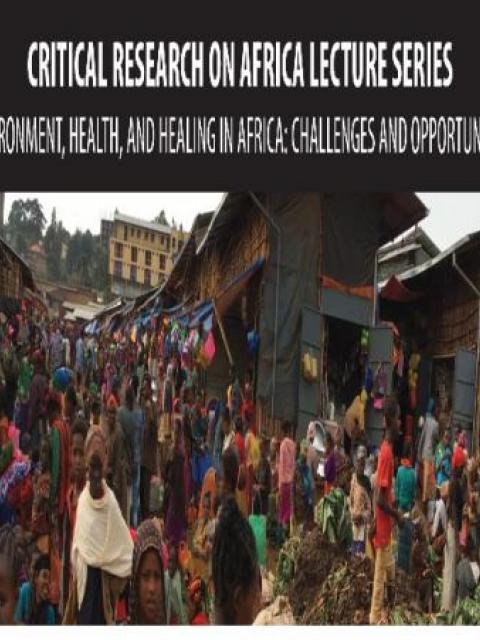What can practices to commemorate official epidemic responses tell us about the logics of response itself? Specifically, what do they tell us about the visions and logics of care that such practices represent? In this paper, I compare two exhibits that describe efforts to respond to the 2014-6 West African Ebola epidemic: the Imperial War Museum’s “Fighting Extremes: From Ebola to ISIS” (London) and the Centers for Disease Control and Prevention’s “Ebola: People + Public Health + Political Will” (Atlanta). Even as they rely on remarkably similar objects – rubber boots, protective gear, tippy taps, short, looped video interviews with frontline workers – to tell their Ebola stories, they differ with respect to how objects are oriented in space, in relation to other objects, ideas, and experiences, and their strategic positioning within museum (and institutional) agendas, more generally. These differences form the basis of my analysis, which is still quite preliminary. For the military museum, Ebola represents an instance of the ‘extreme’ and the extraordinary capacity of the armed forces to provide care under challenging circumstances. The exhibit showcases the tensions of militarized humanitarianism (referred to elsewhere as the ‘empire of hugs’): the military’s need to sustain itself through expansion of its work to humanitarian interventions and the counterinsurgency battles that are increasingly employing private military contractors. The CDC exhibit, while highlighting the contribution of its workers and ‘partnerships’ so central in US public health discourse plays to intimate dimensions of ‘population’ – suggesting that acts of care may occur outside the frame of the interpersonal. I end by discussing a recent trip to the in-progress National Ebola Museum in Njala, Sierra Leone, where questions of local ownership, memory and immunity linger in the archives.
Full Details
Friday, January 19
Critical Research on Africa Lecture Series
Ebola’s Objects: Care, Memory and Immunity in the Fever Museum

Time:
2:00 pm to 4:00 pm
Presenter:
Adia Benton, PhD, Department of Anthropology, Northwestern University
Location:
3800 Posvar Hall
Sponsored by:
Center for African Studies and Global Studies Center along with Africana Studies Department, Graduate School of Public and International Affairs (GSPIA) and World History Center

